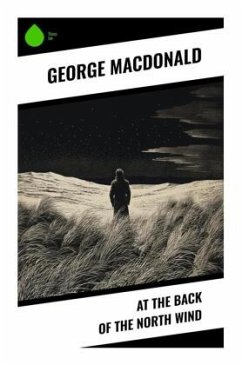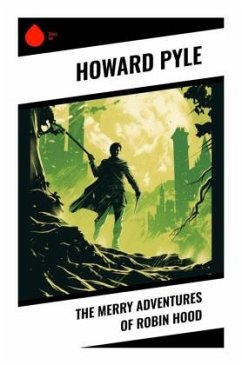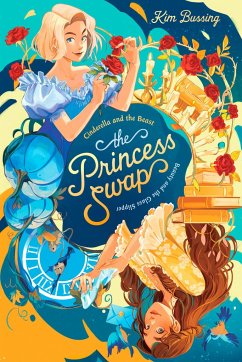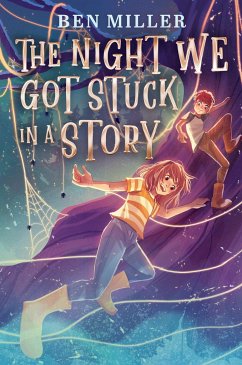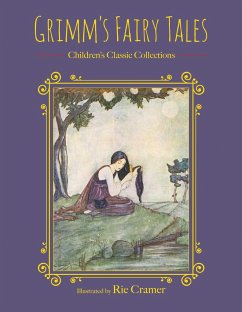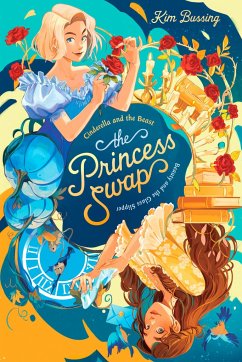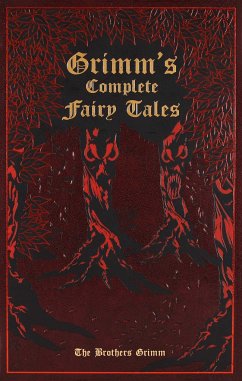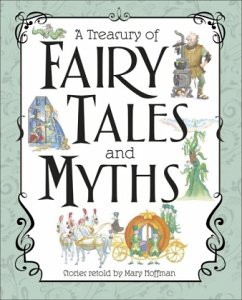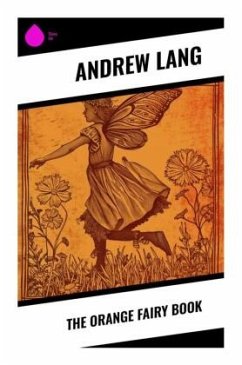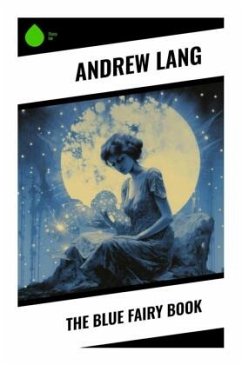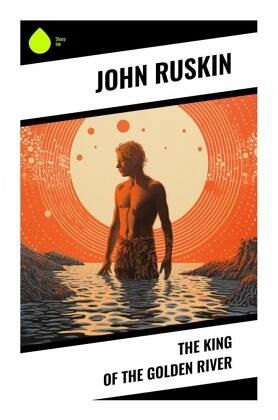
The King of the Golden River
Versandkostenfrei!
Versandfertig in 6-10 Tagen
7,50 €
inkl. MwSt.

PAYBACK Punkte
0 °P sammeln!
In "The King of the Golden River," John Ruskin crafts an enchanting fairy tale that transcends mere storytelling, embodying his distinctive blend of art, moral philosophy, and socio-political critique. Set against the backdrop of a picturesque valley, the narrative revolves around a greedy, selfish man and his eventual moral reckoning, articulated through rich, evocative imagery and a lyrical, almost poetic prose style. The work is deeply rooted in the Victorian ethos, reflecting Ruskin's preoccupations with the moral responsibilities of wealth and the intrinsic value of nature-a recurrent the...
In "The King of the Golden River," John Ruskin crafts an enchanting fairy tale that transcends mere storytelling, embodying his distinctive blend of art, moral philosophy, and socio-political critique. Set against the backdrop of a picturesque valley, the narrative revolves around a greedy, selfish man and his eventual moral reckoning, articulated through rich, evocative imagery and a lyrical, almost poetic prose style. The work is deeply rooted in the Victorian ethos, reflecting Ruskin's preoccupations with the moral responsibilities of wealth and the intrinsic value of nature-a recurrent theme in his broader oeuvre that critiques industrial advancement and advocates for social justice. John Ruskin (1819-1900) was a prominent art critic, social thinker, and writer whose works shaped the discourse on art and morality in the Victorian era. His extensive travels across Europe and his passion for art history informed his understanding of beauty and virtue, culminating in this tale, which highlights the moral consequences of greed. Ruskin's experiences and philosophical inquiries resonate throughout the story, making it a reflection not only of individual ambition but also of societal values. I wholeheartedly recommend "The King of the Golden River" to readers of all ages who seek a thought-provoking, morally infused narrative. Its charming illustrations and layered meanings provide a delightful exploration of virtues and vices compelling contemporary relevance in discussions of environmentalism, economic disparity, and ethical living. This allegorical tale invites readers to reflect on their values and the world they inhabit.



